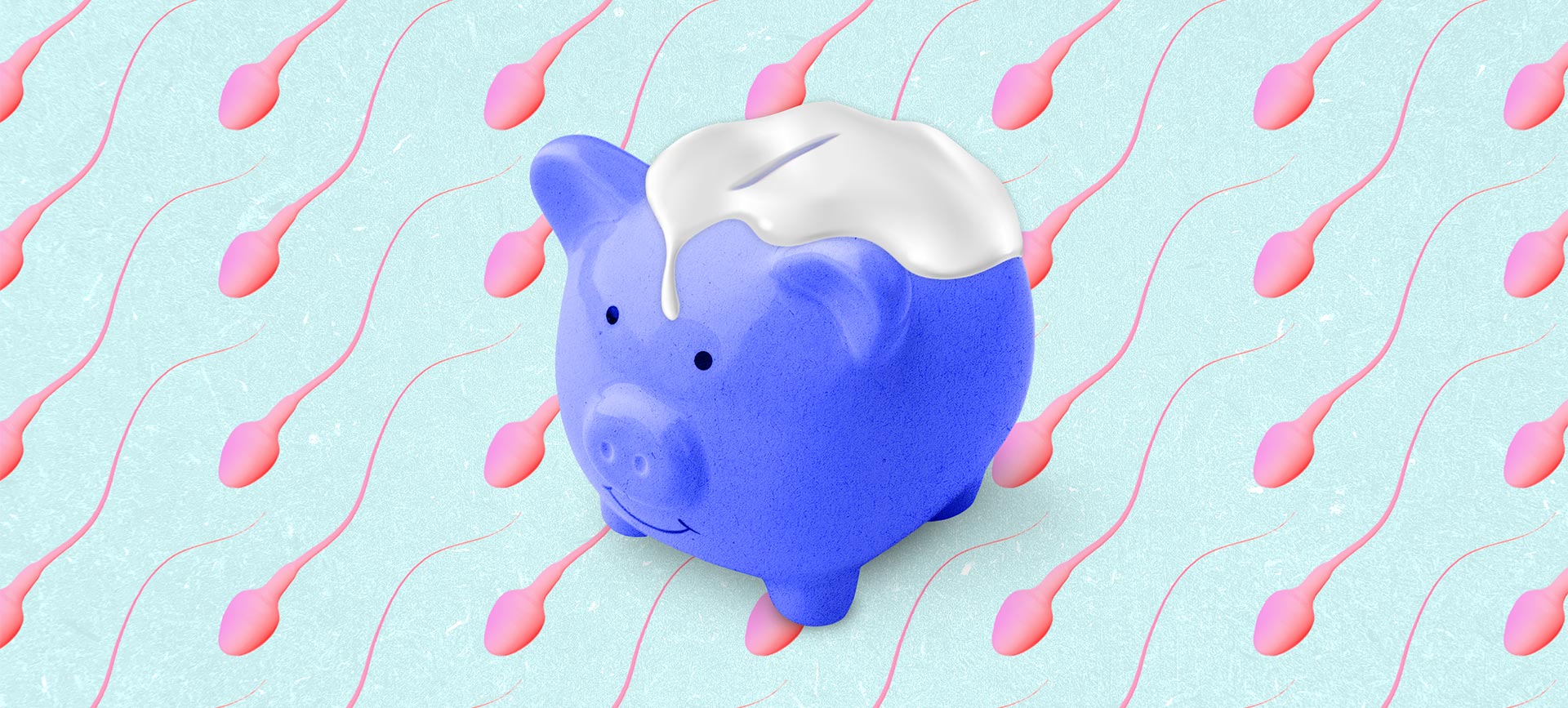My dad taught me the importance of "checking yourself" in the shower when I was young. He told me to feel around to make sure everything was as it should be or has been and to check for lumps or bumps. So I "checked myself" from time to time. I don't remember if it was weekly or monthly, but I did it and for a long time everything checked out just fine.
Shortly before my 20th birthday I was taking a shower and felt something slightly off on my right testicle. It didn't hurt, but something was there. It almost felt like I had a zit. I didn't think much about it until the weekend was over. I was getting ready for class on Monday morning. There it was again.
I thought to myself, "Hmm, that is strange. That zit is still there. Is it…getting bigger?" I didn't know if it was getting bigger, but something was certainly there. So off to the internet I went. And the internet said it was cancer. I thought, "Of course, this is what the internet would say."
Nevertheless, I called my good friend and we walked to the emergency room to have it checked. After an ultrasound, some blood tests and hours of waiting, the urologist came into the room.
"It looks like you have cancer, but the only way to know for certain is to remove it," he said. "I have scheduled you for surgery first thing tomorrow morning."
I'm sure he said some other things during our exchange but that is all I got from it. Cancer? Surgery? It was all moving so quickly. I hardly had any time to digest all of the news. Suddenly, it dawned on me that I hadn't let my parents know I had gone to the ER.
The next day, I had surgery an orchiectomy to remove my right testicle. The surgery was successful, and the pathology report confirmed I indeed had testicular cancer. Fortunately, it was stage 1A.
A conversation with my doctor led us to go with surveillance as my "treatment." I didn't mind not getting chemotherapy or any other type of treatment afterward. Each test and scan, though, caused days of anxiety as I waited for the results. In the cancer world, we refer to this as "scanxiety."









